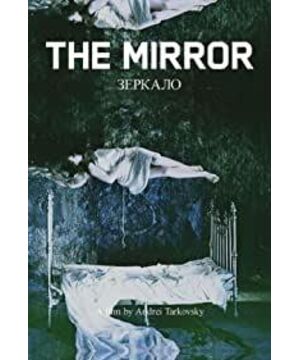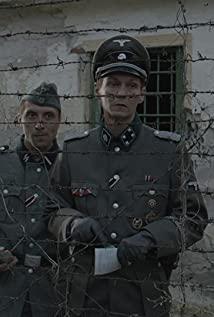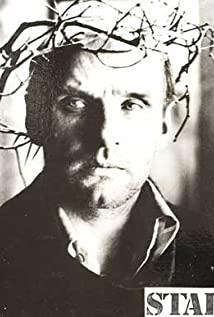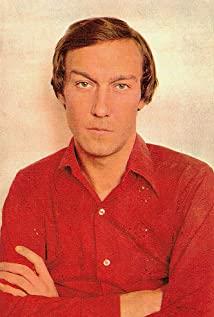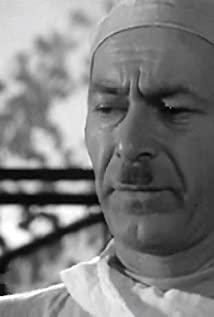Bergman's comments on his films: "New" "Language true to the nature of the film" "Capturing life like a mirror/like a dream"
To be honest, the words are used quite a lot, not to mention that this is not someone else's Bergman.
There are many doubts: such as how to determine the old and the new in the film genealogy? There is endless controversy about the "nature of movies", so how is the evaluation of "loyalty" determined?
With some research, I obviously don't know much about the history of the film, the director's personality, and even the historical background.
Just broke in, and then experienced—
The hazy and real emotional collision, the original and strange sound and color.
Like everyone has said, Tarkovsky is poetic. Except for the verses interspersed. Even the language of images has no presets and is full of symbols.
All characters are "individuals thrown into the world", their future is clueless, and even the past is like a stack of illusions. Viewers can only follow the camera to explore on their own, and are frustrated by the personalized narrative whims and text symbols with high historical/aesthetic thresholds. I have to say "It's hard to understand."
Cinema is also a form of communication. Whether the director regards it as a collection of poems, a reproduction of reality, or an objectification of artistic orientation, "presentation", "transmission" and "communication" cannot be avoided.
We always follow the principle of "reciprocity and equality" in our communication. He uses his own artistic intuition and poetic expression to "code" the language of the film. Even if he does not specify an audience, he naturally carries a set of screening mechanisms.
To put it bluntly, modernist films, like other modernist arts, "decode" depends on the audience's mind and input. The person who creates it works hard, and the person who interprets it naturally has to capture it with "difficulty". Art has a threshold, especially the part of art that is not flattering to the market.
So why do we watch difficult movies? Identity or access to negotiation?
In "Carving Time", the director interpreted his audience and said that they came for "time".
This "time" is not an obscure image that makes people answer the math Olympiad in seconds like years; it is this extremely personal master movie, a fable book with rich "meaning" possibilities.
It is our "forgetful" and "inflexible" reunion or first encounter with the flowing time, the one that has passed, the one that we have not yet had. Take a few hours of your life into the world of otherness of the film, and give this time to the poet to sculpt.
Carnival-like ideas, conversation-like caresses. Even if I return to mediocrity later, I will never forget that trance-like excitement—
In this lost era of "true encounters", I once held my breath for a piece of genius chanting together with a strange other in a very ritualistic field.
But still "so hard to understand."
Yes, but that's part of its charm. The blocking of the communication between the image and the audience also conveys the core of the image itself. The relationship between people and people, people and families, people and society, and people and times is one with two sides: on the one hand, there is the figurative coexistence of "instant reach", and on the other hand, there is a labyrinth of loss and loneliness.
This reminds me of Eliot's "the waste land" (which gives a glimpse of the similar modernist ethos of the film) -
We came back Shanshan from the Narcissus Garden,
Your arms are full and your hair is wet;
I have a mouth that cannot speak, and eyes that cannot see,
I am neither alive nor dead, and I am dazed and ignorant of all things, only seeing the depths of the light is a dead silence. (Lines 37-41)
I heard the key turn once in the door, just once;
We think of that key, each imprisoned in his own cell.
Thinking about that key, everyone confirmed their cell in their hearts. (lines 411-414)
View more about Mirror reviews


